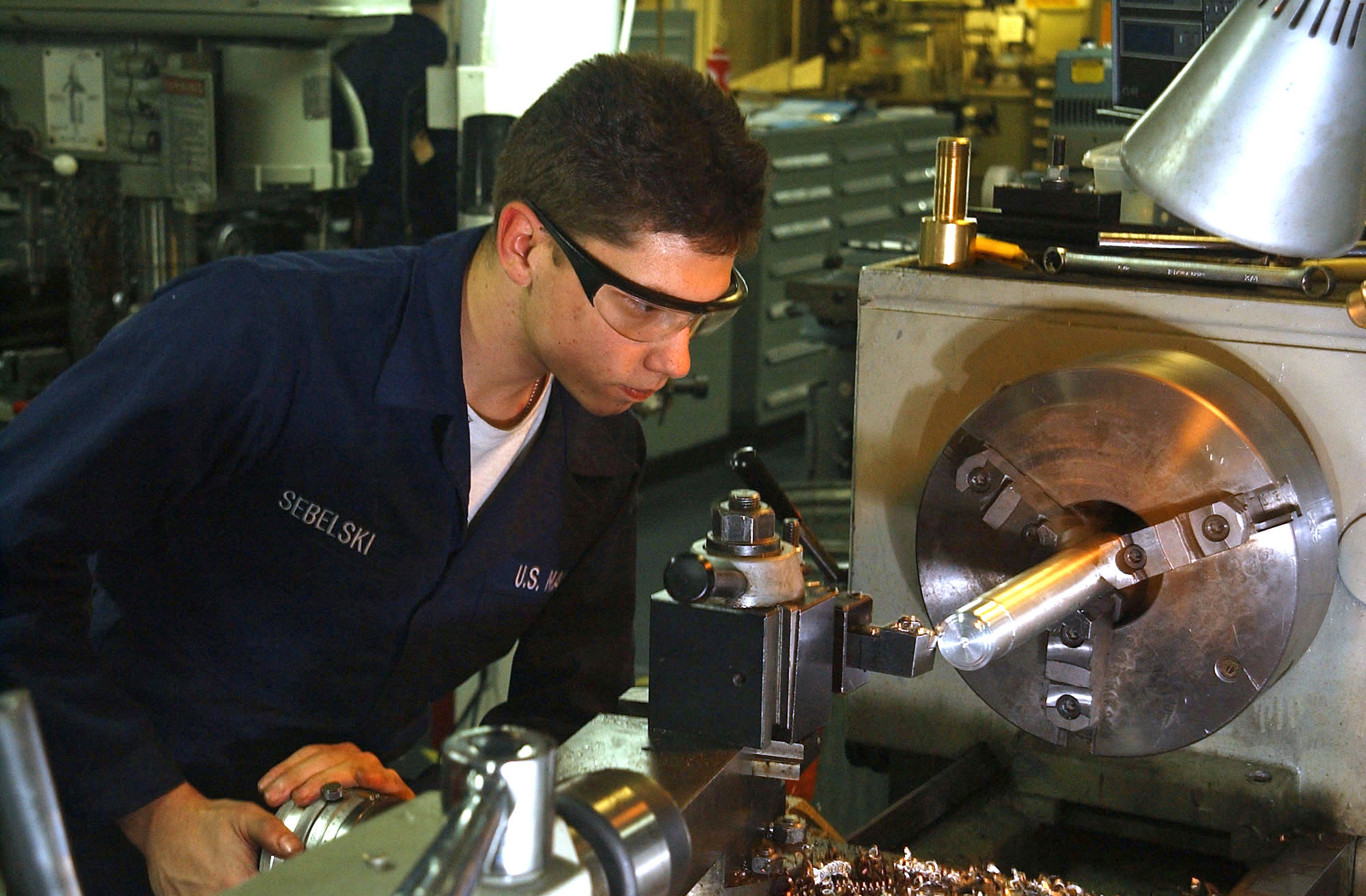Hobby metalworking can be immensely satisfying. Here are 6 items you need in your workshop (or garage) if you want to complete projects.
Ventilation
Any space in which metal is being worked on needs to have adequate ventilation. Fumes released during arc welding are seriously bad for your health, and some metals release gasses that can damage your lungs. The use of solvents and lead-based solders also makes an indoor environment inhospitable without the correct ventilation arrangements. Large-scale workshops typically have multi-vent extraction systems. For a hobby workshop, however, it is worth considering portable ventilation equipment. A good quality portable ventilation unit can be set up in a garage or basement space without the need for invasive home improvement work.
Welding Equipment
There are two main ways in which metal objects are bonded: riveting and welding. Of these two options, welding is the most versatile. A good arc welding kit and a selection of welding rods need to be purchased for every hobby metalworking shop. Welding is both dangerous and has a high skill threshold. Make sure you take the right safety precautions when bonding metal and never look directly into the arc – this can cause a painful condition known as ‘arc eye’. It might be worth taking a short course on welding techniques or seeking out a more experienced mentor to show you the ropes. A bad weld is rather blatant when seen on a finished project.
Protective Clothing
Metalworking is relatively dangerous. Extreme heat, arc lights, powerful machines, and flying metal filings are all very dangerous. Always wear a boiler suit, protective gloves, and eyewear. These should be the first items you purchase for your shop. Don’t let other people use your equipment without protective clothing of their own.
Metal Cutting Saw
A high-powered metal cutting saw is essential for people working with sheet metal. These saws are usually secured to the ground and have a much slower action than saws for cutting timber.
Lathe
A lathe is a machine that spins a workpiece on a horizontal arm – connecting it to a blade, screw tap, or sanding surface. Lathes are constantly used in metalworking to shape objects and to produce holes that can be made to house screws. Metalworking lathes need to be very heavy duty in comparison to the often used woodworking lathes.
Milling Machine
Milling machines are truly versatile workhorses – ubiquitous in any good metalworking shop. In metalworking, a huge portion of material removal and shaping is done using the trusty milling machine. It uses a multi-bladed circular cutting tool, which is lowered onto and into materials by the use of a handle. Cutting tools can use either to spin horizontally like a saw blade or vertically like a drill. Although extremely heavy-duty milling machines are used in professional workshops, a hobbyist usually only needs to invest in a small and inexpensive example. The versatility of the milling machine means that it is likely to be a staple on the workshop floor for many years to come.









